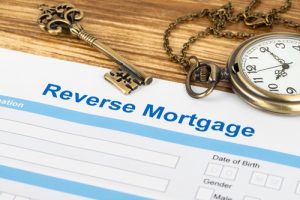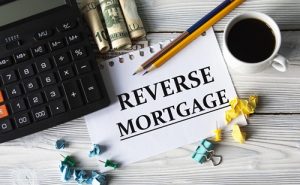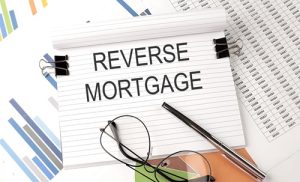
As winter approaches, homeowners face the challenge of getting their homes ready for the colder months. This preparation involves not only making your living space cozy but also ensuring that it is energy-efficient and capable of handling the harsh weather. Fortunately, there are practical steps you can take to effectively winterize your home. Furthermore, for seniors, utilizing a reverse mortgage can provide the financial flexibility needed to complete these essential upgrades.
Essential Steps to Winterize Your Home
When preparing your home for winter, several important actions come into play. From sealing drafts to servicing heating systems, these tasks will help maintain comfort while boosting energy efficiency. Here’s a closer look at what you can do:
Read More Preparing Your Home for Winter: How a Reverse Mortgage Can Help









